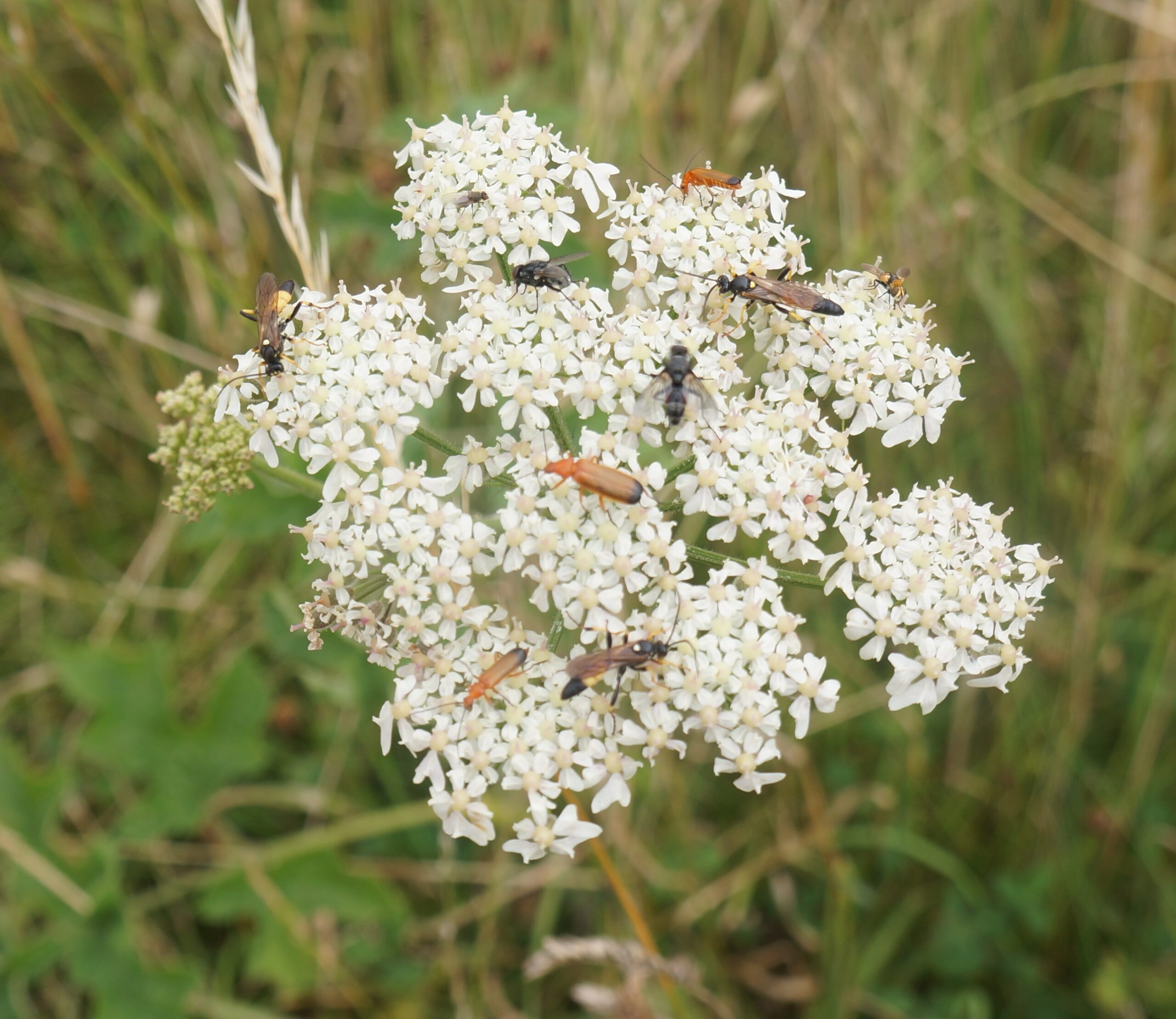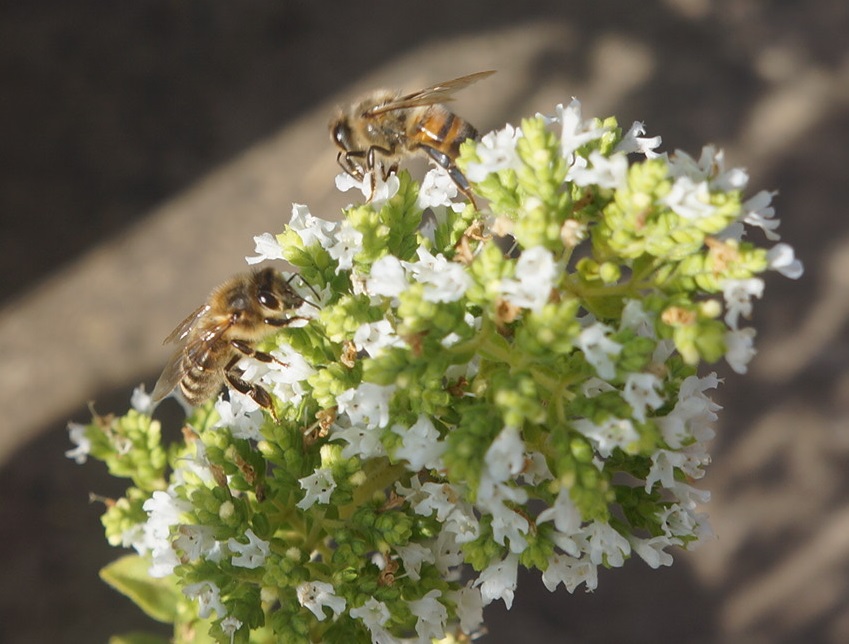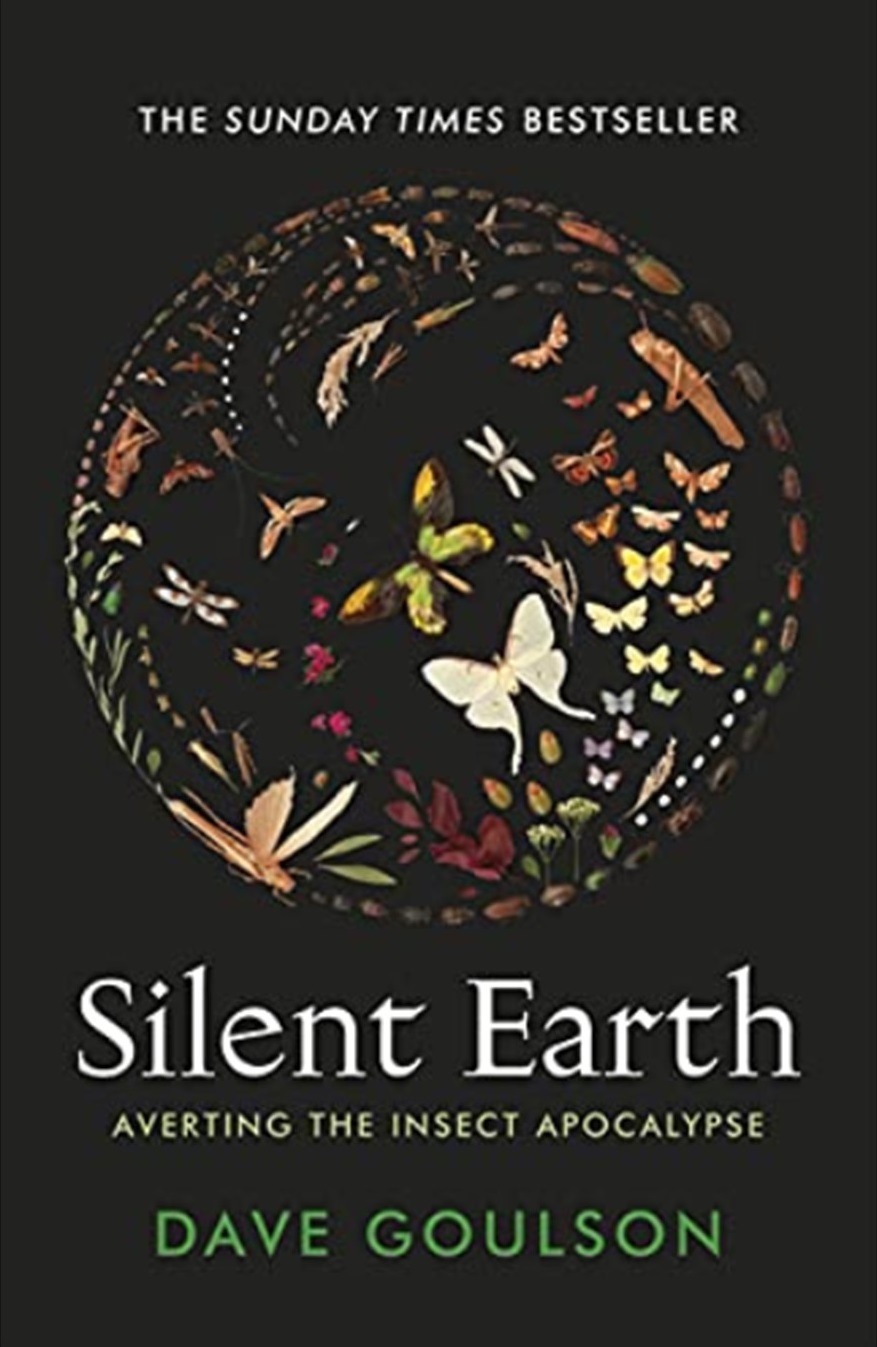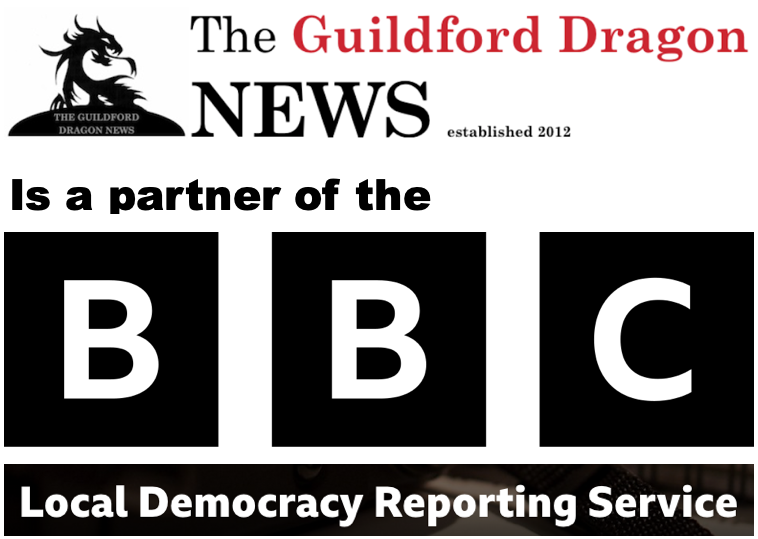- Thursday, December 04, 2025
- Stay Connected
 Abraham Lincoln
If given the truth, the people can be depended upon to meet any national crisis...
Abraham Lincoln
If given the truth, the people can be depended upon to meet any national crisis...
 Guildford news...
for Guildford people, brought to you by Guildford reporters - Guildford's own news service
Guildford news...
for Guildford people, brought to you by Guildford reporters - Guildford's own news service
Beekeeper’s Notes: How Dare We Kill Insects in the Name of Commercial Interest
Published on: 1 Feb, 2023
Updated on: 1 Feb, 2023
Hugh Coakley keeps bees in Worplesdon
The government has given “emergency authorisation” to allow the banned neonicotinoid pesticide, deadly to bees, bumble bees and insects, on this year’s sugar beet seeds. This is the third year in a row the exemption has been allowed for the industry.
This is against the frightening background that in our lifetime, on our watch, in the last 50 years, insects have declined in abundance by around 75 per cent says Professor Goulson of Sussex University.
The go-ahead was given against the advice of the UK Expert Committee on Pesticides and, they’re doing it for sugar, for god’s sake, the substance many are trying to avoid and the government itself was considering taxing to make it more expensive to discourage its use.
Neonicotinoids are banned in our country and in Europe because they do such harm. Called by some the Novichok of bees, a single teaspoon is said to be sufficient to kill more than a billion, it stays on in the soil, in the water and in plant roots for years.
They are so destructive to insects that government conditions says flowering crops shouldn’t be planted on the site for nearly three years after the insecticide has been used and the same seed treatment can’t be used in the same field for 46 months.
If it’s anything like the Environment Agency who didn’t police water companies dumping raw sewage into our rivers and the seas, I have little faith that DEFRA would enforce these conditions anyway
The sugar beet growers say they could lose 80 per cent of their crop to yellows virus, transmitted by aphids, without using the banned insecticide. In 2020, 25 per cent of the national sugar beet crop was lost, costing £67m.
I sympathize with the farmers and those whose jobs may be affected but their commercial interests dwindle in importance to the threat to life as we know it.
Farming is amazingly effective, but the industrial agriculture, covering around 70 per cent of land in the UK, comes at a cost which is already deadly to insects and other wildlife.
We saw huge tracts of land growing cereal when my wife and I were on holiday in Northumberland last year. It looked great to see the land so productive. But looking closer, other than the crop itself, it was completely barren, no animals, no insects, no birds, just the very healthy looking crop.
Monoculture farming practices are not insect friendly. They are part of the problem causing the collapse in insect numbers.
Flowers in farmed areas are scarse, weeds non-existent and any lucky creature who has found refuge in the mandatory field margins will have to survive frequent insecticide spraying.
Professor Goulson’s book Silent Earth; Averting The Insect Apocalype, says that on average, an agricultural field is sprayed 16 times a year.
This deadly efficiency must not be ramped up further to kill off another specific pest which, in reality, kills all in its wake.
It isn’t just that it would be a shame if insects were lost to human inspection and interest. Our planet, life as we know it, would grind to a halt, says Prof Goulson, if insects and bugs weren’t cleaning the soil, recycling dead bodies and faeces and pollinating plants.
The food chain is being riven apart leaving birds, fish and amphibians dwindling as we look on.
What are we doing to insects, to ourselves, by ignoring our complete dependence on nature thriving?
Do we dare to continue to kill insects for profit?
On a happier note, our four hives at home look to be doing ok. One hive which appears to be light when we heft it – lifting up one side to guage how much honey stores is inside. So we are feeding the bees a sugar fondant to get them through the winter. Fingers crossed.


















Recent Comments